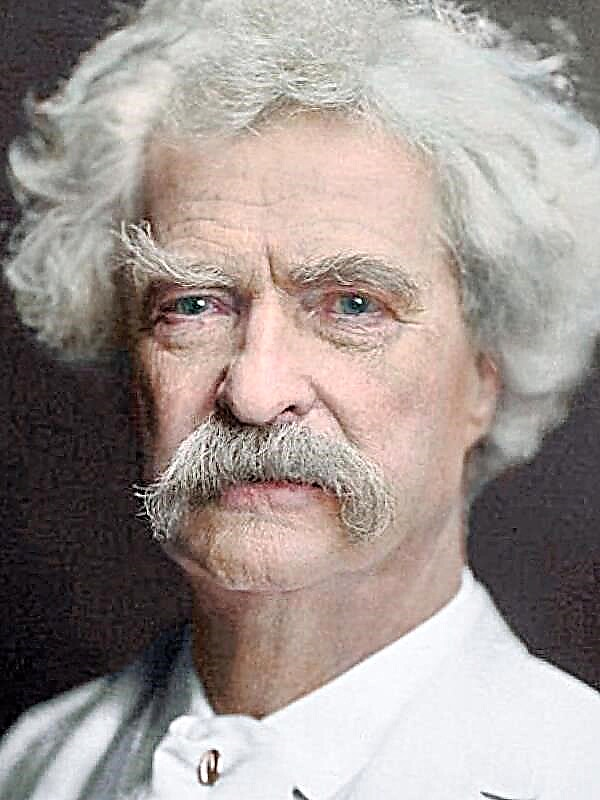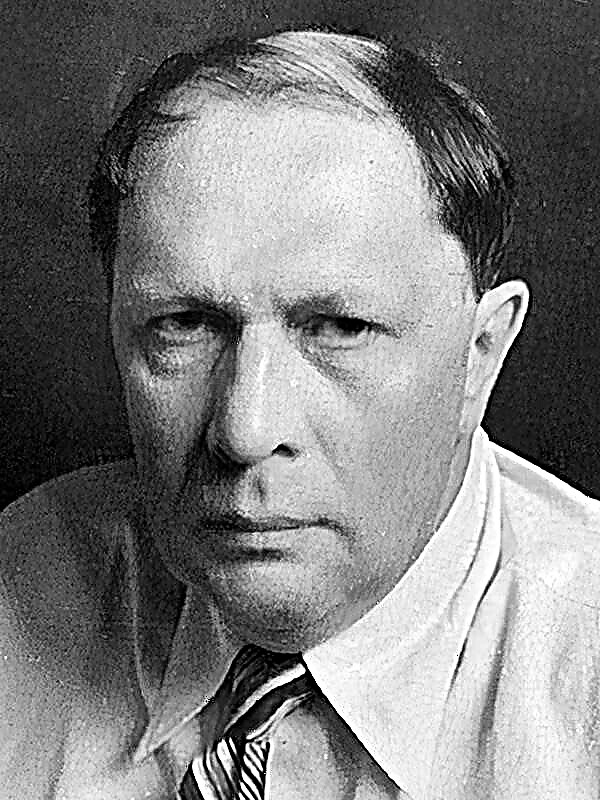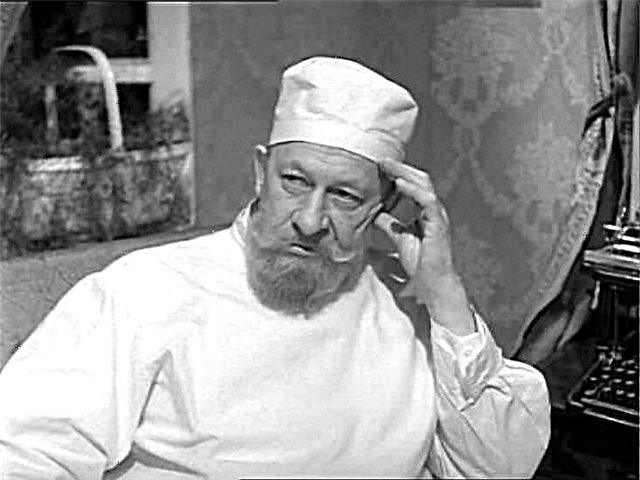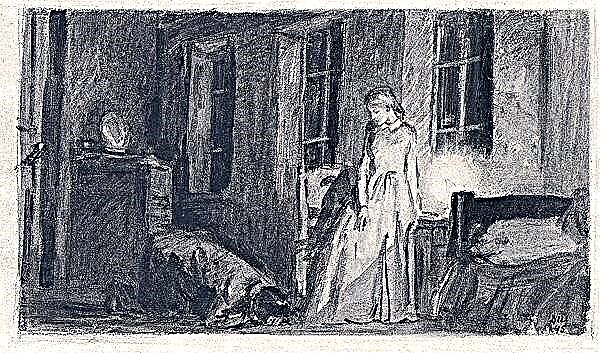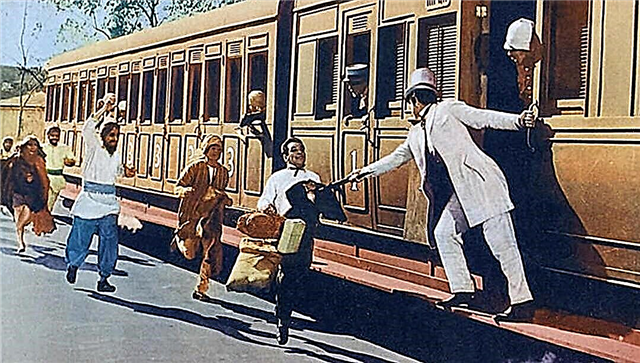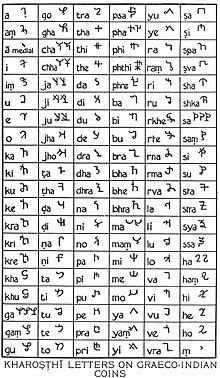(427 words) Generosity is a feature of a big and pure heart. This property of character is considered to be exemplary, demonstrating the best qualities of a person. To be generous means to be human, responsible for other people. However, each human property has its opposite side. Under the guise of compassion and kindness, evil and vicious feelings are sometimes hidden. Therefore, the problem of alleged magnanimity was raised by many writers in their works, proving the example of their heroes as fatal hypocrisy in all its manifestations.
So, in the novel by F. M. Dostoevsky, Peter Petrovich Luzhin, a kind, compassionate hero who marries Dunya, a girl from a poor family, can serve as an example of a man of a “beautiful soul”. It would seem that the reason for such a generous act is Luzhin’s desire to make a loved one happy. But behind the outward nobility lies a vile soul: in Duna he sees a servant who will devote her whole life to him in gratitude for his kindness. A lying man wants to not only get a submissive slave in his wife, but also to convince society that he has no equal in terms of generosity. Therefore, he does everything for show: he visits the brother of the bride, whom he doesn’t put in pennies, takes the girl and her mother around the capital, allegedly picking up a dowry. However, behind this lying mask of generosity and kindness lies a man who is capable of slander and meanness. For example, he accuses Sonya of stealing only in order to denigrate Rodion and his acquaintances in the eyes of his entourage. Fortunately, the deception is revealed, Dunya marries a really good man, but people like Luzhin always find new eyes to let out another dust.
The problem of imaginary human generosity becomes the central motive in the story of L. Andreev “Kusaka”. The life of a lonely stray dog, living in conditions of indifference and cruelty of others, changes with the onset of summer and the arrival of summer residents. Formerly beloved, outwardly ugly Kusaka finds a home and loving owners. But, with the onset of cold weather, people leave cozy houses, moving to the city, and again leave it. Even the young schoolgirl Lelya, who loved the dog the most, forgets to say goodbye to her. The generosity of the people who left Kusaku ends where there is a need for comfort. They don’t need an old clumsy dog in a cozy city life. Behind external kindness here lies the irresponsibility and indifference to the fate of a living being. Once again the faithful Kusaka howls piercingly after the owners, and in this howl one can hear the endless longing of a deceived heart. The story confirms the thought of the destructive influence of ostentatious generosity.
Literary images illustrating the features of imaginary generosity return the reader to the idea that a magnanimous act is considered such only when it is done consciously, from a pure heart and does not pursue selfish goals. And if it is done for the sake of self-interest, approval of society or out of boredom, then it can only be called imaginary generosity, which a person does not feel, but only broadcasts in order to create the desired visual effect.

